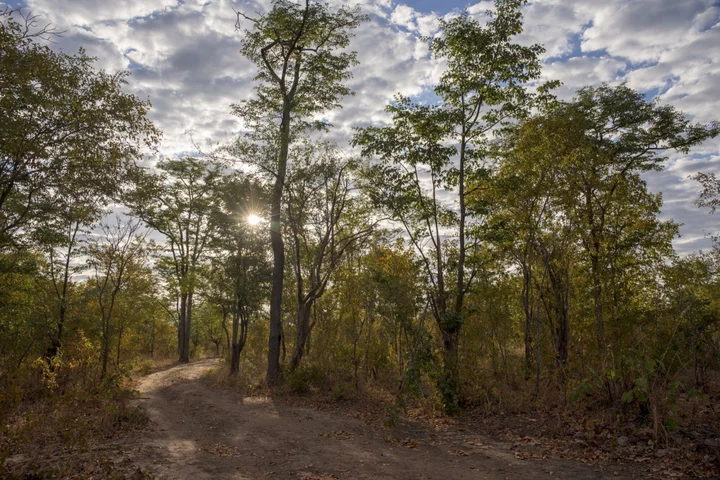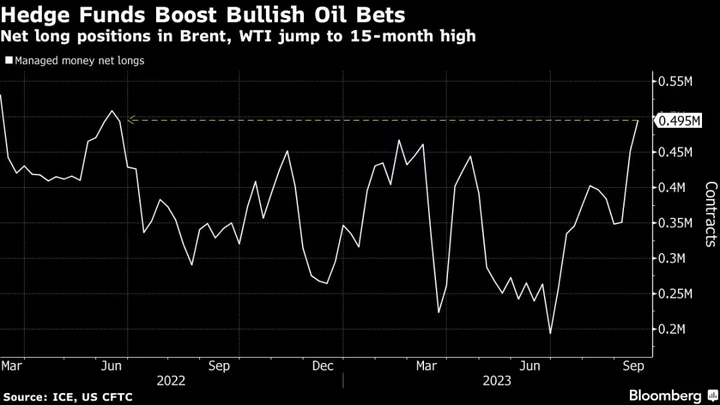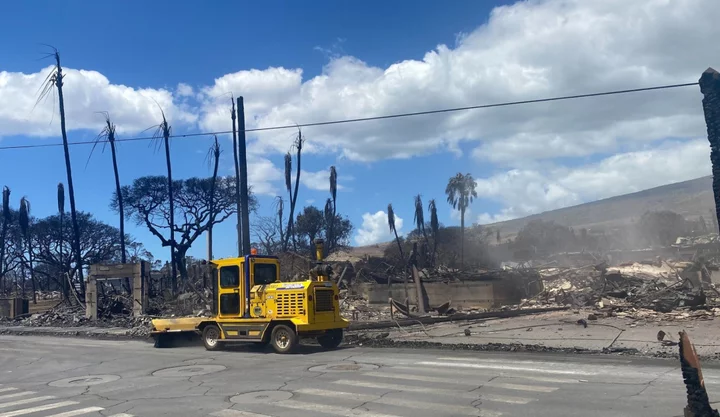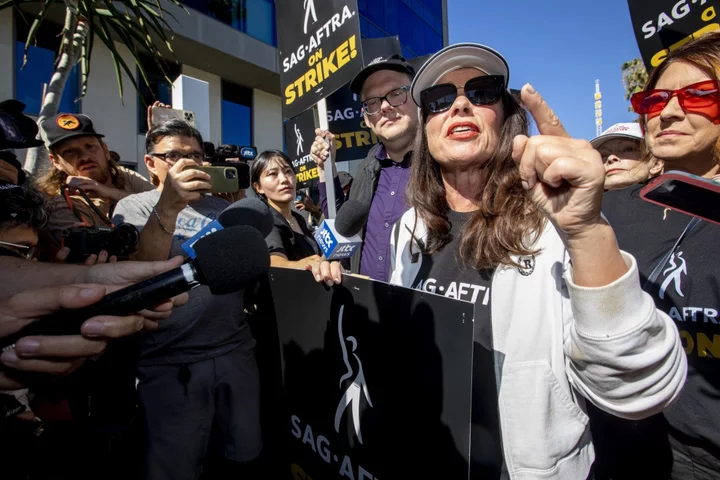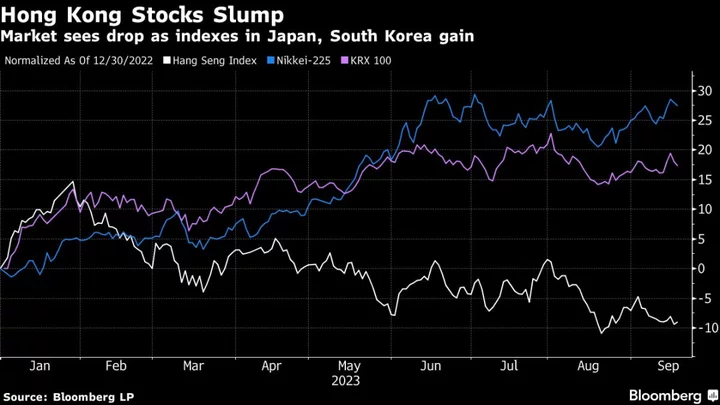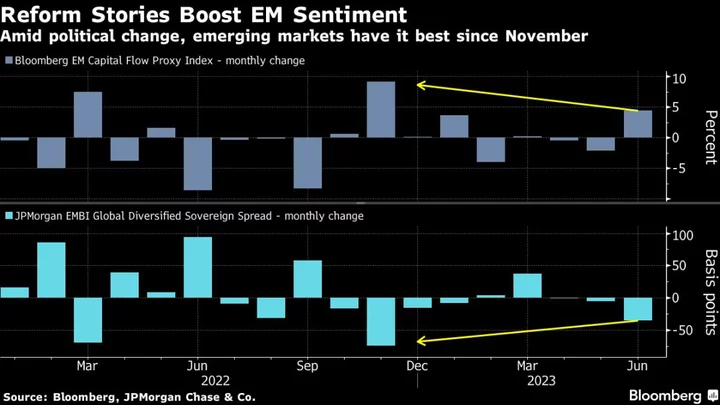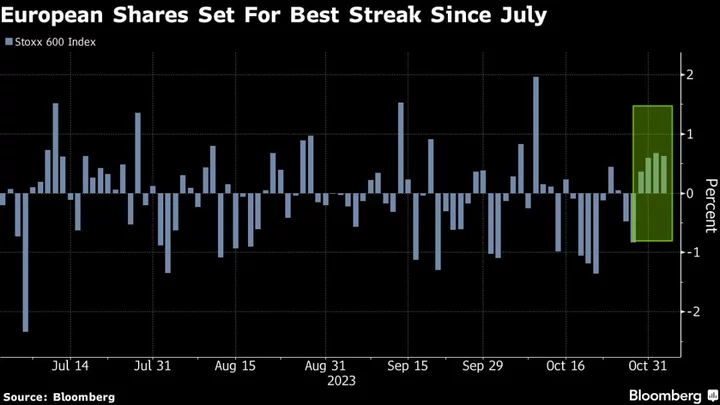Three months after Zimbabwe roiled the $2 billion carbon credit market by suddenly canceling projects and claiming half of all proceeds, the country now says it will accept a smaller share of revenue and has begun the process of reinstating scrapped projects.
In revised regulations issued Friday, the government said projects had 60 days to reapply for reinstatement and it would now keep 30% of proceeds in the form of an environment levy for the first 10 years of their operation. Developers, while retaining 70% of proceeds, are required to invest a quarter of their earnings in community projects. Fresh negotiations will be held in the 11th year.
That’s a big retreat from the government’s rule change in May, under which foreign developers were told they could keep only 30% of proceeds while handing over a minimum of 20% to local partners. Zimbabwe’s shock decree alarmed investors and prompted various countries, including Malawi and Zambia, to say they may take a similar approach.
Zimbabwe has said its rules are to help ensure that the government and ordinary Zimbabweans benefit from the trade in the carbon emission offsets, where most agreements are concluded between foreign developers and local municipalities or traditional leaders known as chiefs. Zimbabwe is the third-biggest producer of carbon credits on the continent, accounting for about an eighth of production. The country’s biggest project is in the northern area of Kariba, covering a 785,000 hectare (1.94 million acre) swath of forest and is overseen in part by South Pole, the world’s leading seller of offsets.
Of the environmental levy taken by the government, 55% will go toward climate mitigation and adaptation projects, 5% will be retained for a so-called loss-and-damage fund to compensate for climate-related disasters. The Treasury will take 15%, and a further 15% will go toward funding an authority that will oversee the trade in the country and the rest will go toward fees charged by local and “appropriate” authorities.
A single carbon credit represents a ton of carbon dioxide equivalent either removed from the atmosphere or prevented from entering it in the first place. Those securities are bought by producers of the climate-warming gases who want to offset their emissions.
Programs often consist of reforestation programs as trees suck in carbon dioxide, effectively storing emissions. The industry is projected to grow to as much as $1 trillion per year in 15 years, according to an estimate by BloombergNEF.
Zimbabwe’s government has a history of making policy pronouncements with no prior warning and sometimes adjusting them later, an approach that has dented investor confidence. In 2000 it began seizing White-owned commercial farms in what it said was a program aimed at rectifying the injustices of colonialism. Export earnings collapsed and hyperinflation followed.
It similarly stymied investment in the crucial mining industry by later decreeing that all operations must be controlled by Black Zimbabweans. In December it banned the export of lithium ore without warning.

